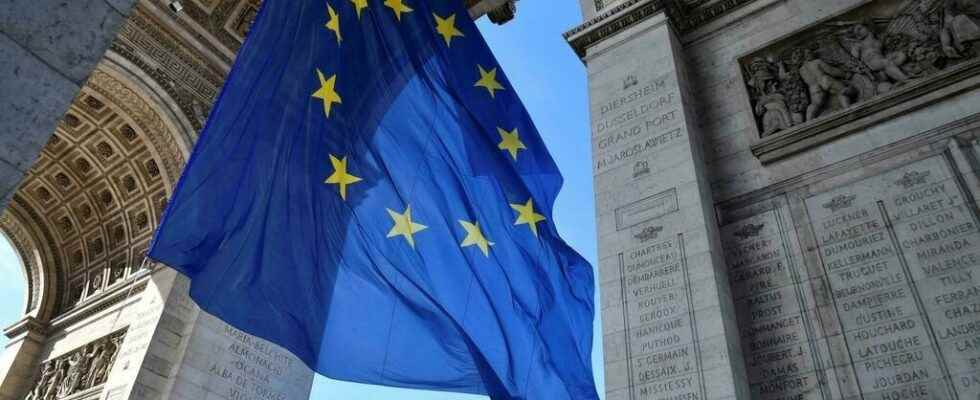Few countries have dared to take a stand that contrasts with the usual caution in Europe. Governments carefully avoid commenting on incomplete results, for fear of being accused of interference or even simply for fear of falling out in advance with an unexpected winner.
From our correspondent in Brussels, Pierre Benazet
The only country to have dared a quasi-official reaction this Monday, April 11 is Luxembourg. Foreign Minister Jean Asselborn said he was worried about the rise of the far right; he went so far as to call on French voters to prevent the arrival of Marine Le Pen as President of the Republic.
Democracy is precious
But the words of the Luxembourg minister echo the concerns of Europeans, even if they do not respond so directly. Wopke Hoekstra, Dutch Foreign Minister, stresses that the war in Ukraine shows that democracy is precious, German Minister Annalena Baerbock wants Europeans to remain united.
There is in fact first of all a classic hope for political stability, the hope also to see the French renew Emmanuel Macron, a president seen within the European Union as strongly pro-European.
The fear of NATO withdrawal
There is also the fear in Central and Eastern Europe of seeing a Marine Le Pen arrive at the Élysée who wants France to withdraw from NATO’s integrated command and who is seen as favorable to Vladimir Putin; as also underlined in Germany by the former president of the CDU, Armin Laschet who congratulates Emmanuel Macron on having won the first round.
► To read also: Presidential 2022: a second Macron-Le Pen duel very different from the first
